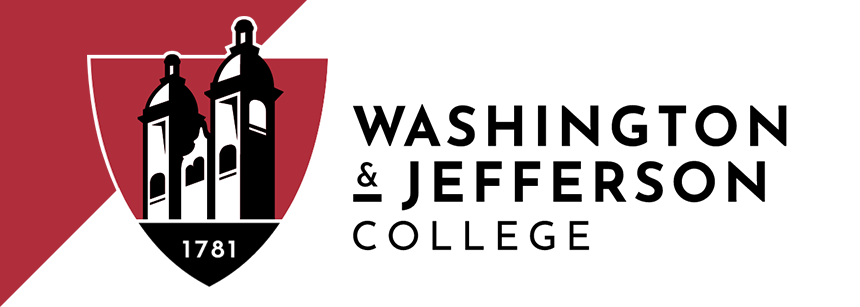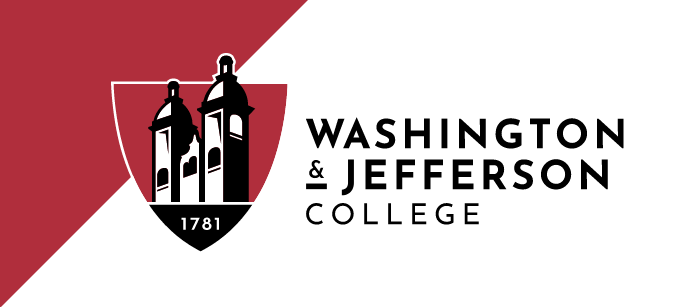Dear W&J Community,
On this day when we reflect on the life and legacy of Dr. Martin Luther King, Jr., we are painfully aware of the recent violence in our nation’s capital and the continuing unrest across our divided nation. Much of the anger and conflict we are witnessing is fueled by misinformation, whether about the credibility of our elections or the realities of a worsening public health crisis. At Washington & Jefferson College, it is our time-honored mission to prepare educated citizens to think critically in pursuit of the truth.
Some 74 years ago, as an undergraduate student at Morehouse College, a young Martin Luther King, Jr., understood this purpose of education and penned an essay for his student newspaper making the following argument:
“Education must also train one for quick, resolute and effective thinking. To think incisively and to think for one’s self is very difficult. We are prone to let our mental life become invaded by legions of half-truths, prejudices, and propaganda. At this point, I often wonder whether or not education is fulfilling its purpose. A great majority of the so-called educated people do not think logically and scientifically. Even the press, the classroom, the platform, and the pulpit in many instances do not give us objective and unbiased truths. To save man from the morass of propaganda, in my opinion, is one of the chief aims of education. Education must enable one to sift and weigh evidence, to discern the true from the false, the real from the unreal, and the facts from the fiction. . .
“We must remember that intelligence is not enough. Intelligence plus character—that is the goal of true education. The complete education gives one not only power of concentration, but worthy objectives upon which to concentrate. . . . .”
What are “worthy objectives?” More than two centuries ago, W&J’s founders wrote charters declaring a mission to “promote the public good” and to ensure the “good government of states, and the peace and welfare of society.” I believe Dr. King would applaud such aims. And he would remind us, as he did the congregation at Ebenezer Baptist Church on July 4, 1965, “that nonviolence is the way. I’m more convinced than ever before that violence is impractical as well as immoral. If we are to build right here a better America, we have a method. . . . We need not hate; we need not use violence.”
I encourage all of us – students, faculty and staff – to embrace Dr. King’s enduring vision of a college community that prepares citizens to discern truth and seek justice and equality through non-violent action to transform America.
With gratitude for each of you,
John
John C. Knapp, Ph.D.
President and Professor

